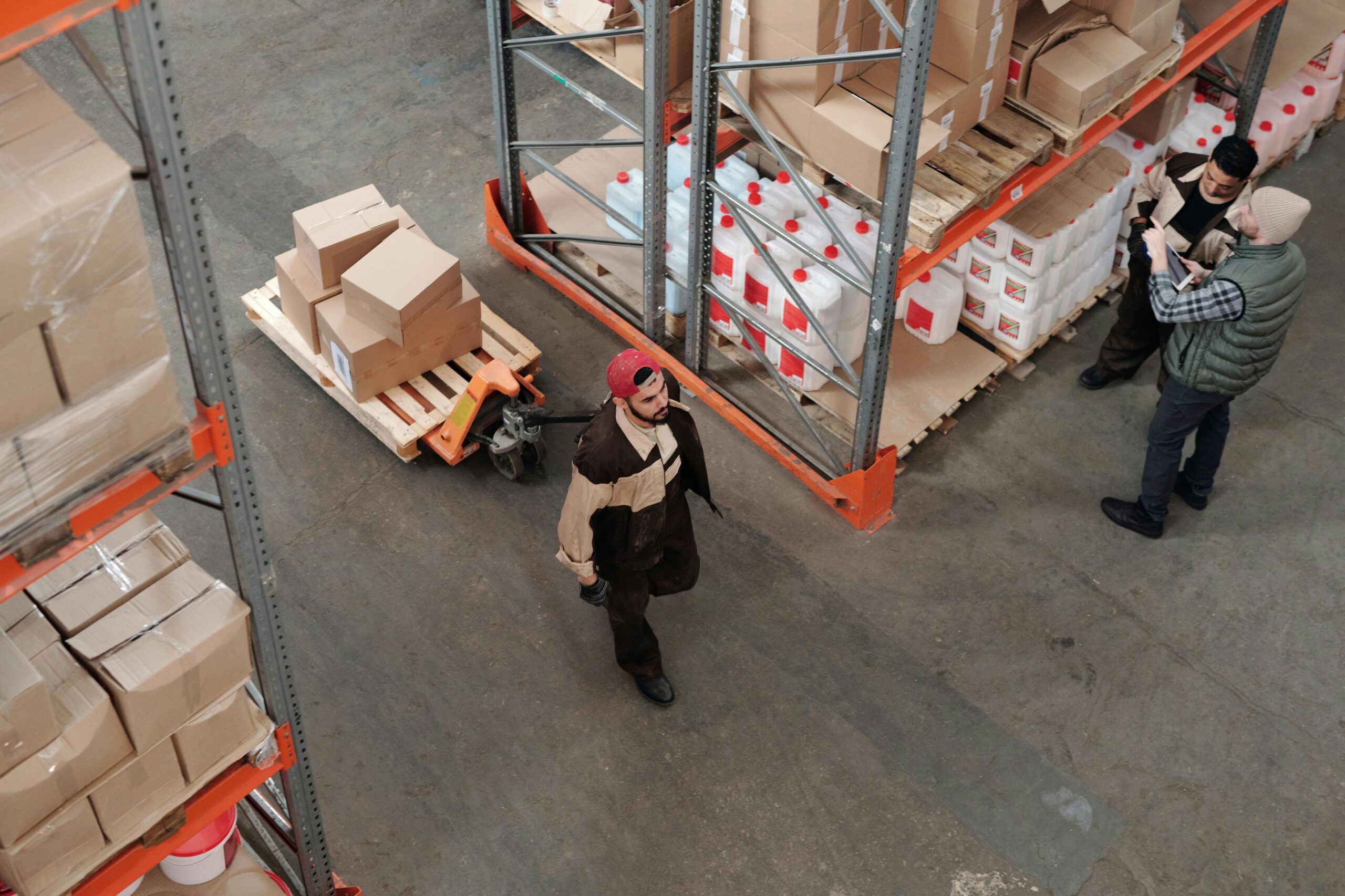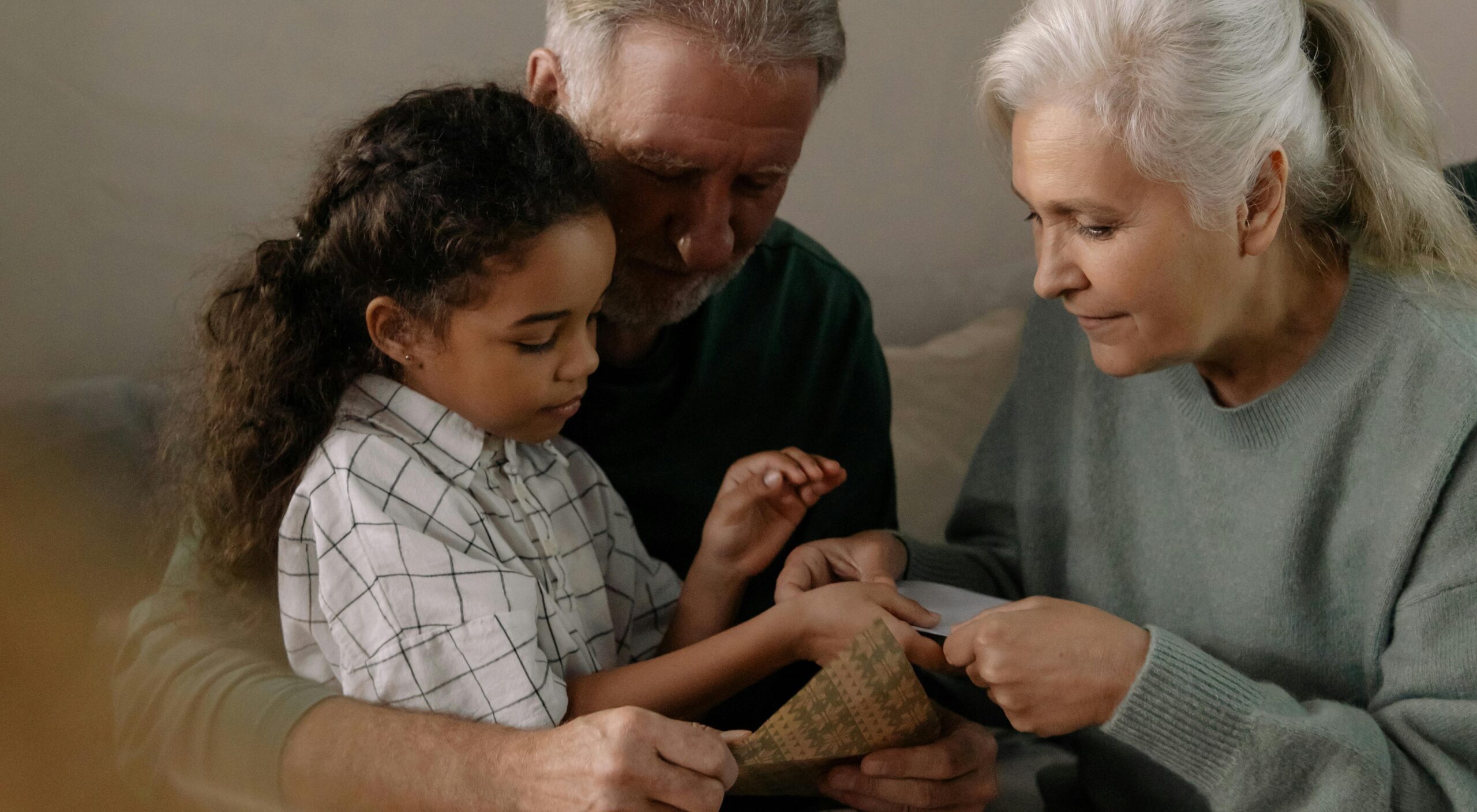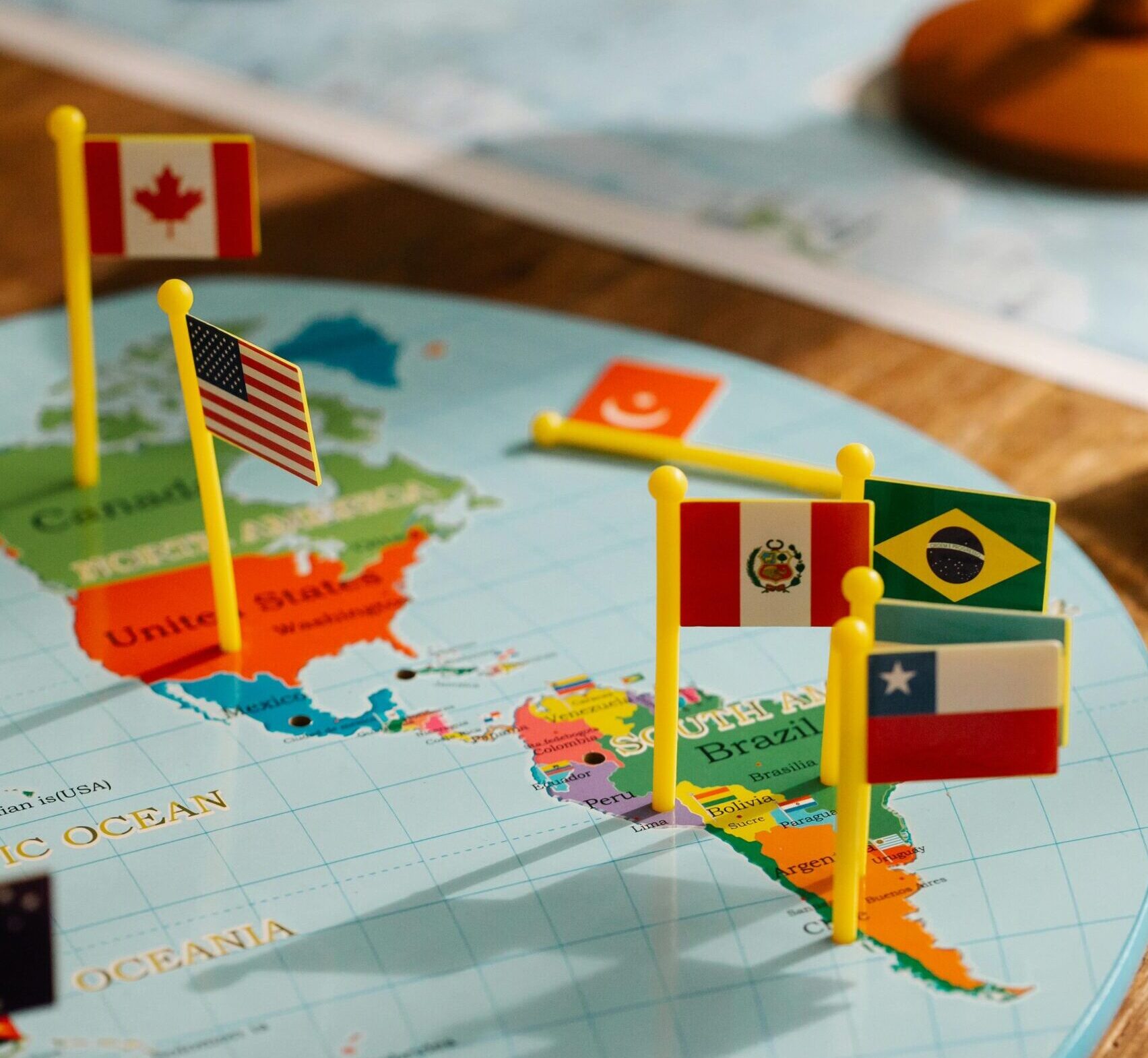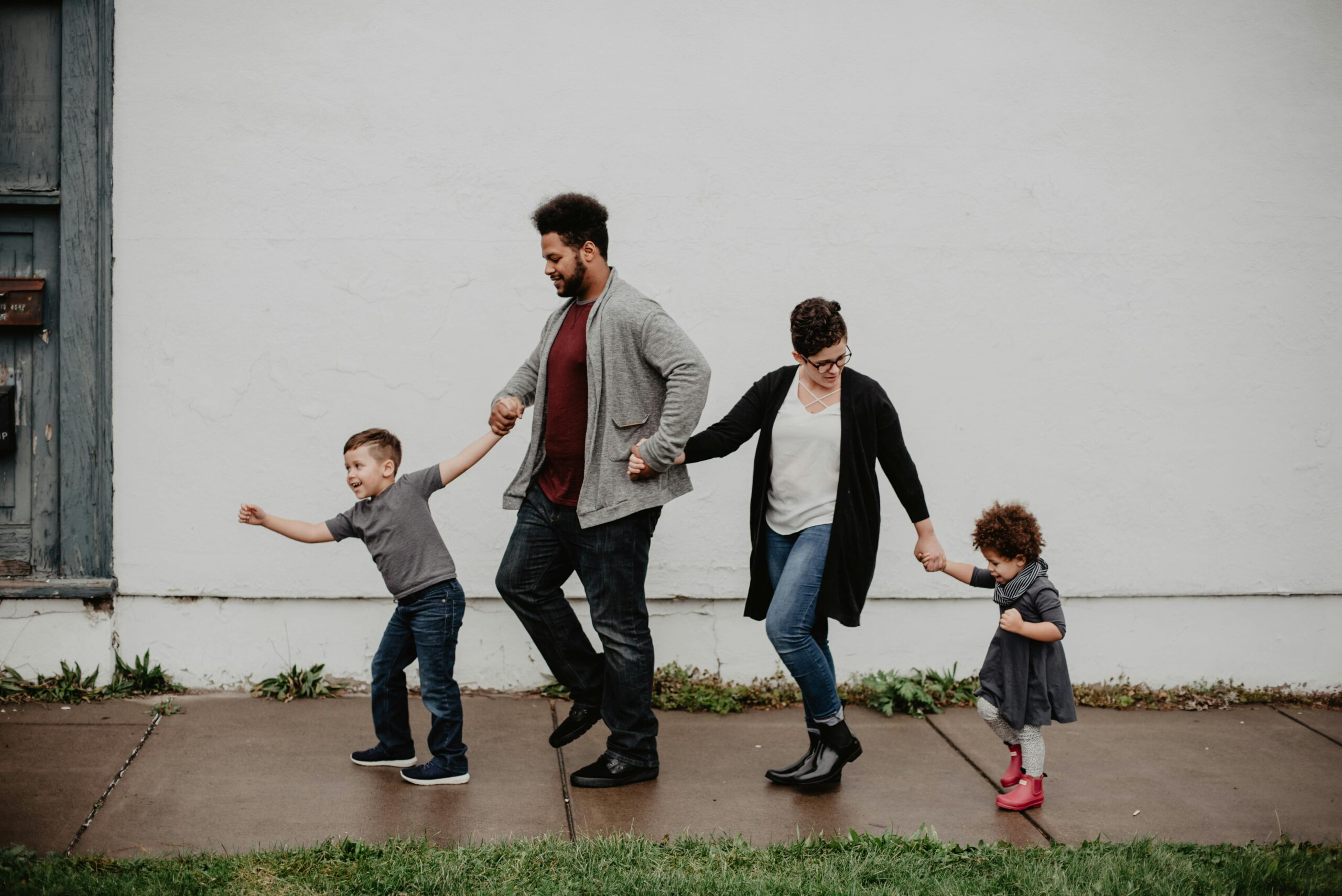Brazil’s immigration system provides seven pathways for legal residency. Each pathway carries distinct requirements, processing times, and residency periods, ranging from temporary to permanent status.
The Brazilian Ministry of Justice and Public Security oversees these immigration processes through its Federal Police department.
This guide outlines the requirements and processes for the following immigration pathways:
- Investment
- Work
- Retirement
- Family
- Studies
- Nationality (International Agreements)
- Humanitarian
Investment Migration (VITEM IX)
Brazilian investment immigration legislation provides two pathways for obtaining legal residency: business investment and real estate investment.
The business category requires capital investment in Brazilian companies, while real estate investment focuses on property acquisition within specific value thresholds.
Business Investment
Business investment visas require foreign investors to place capital in a Brazilian company that generates jobs or income. The standard minimum investment equals BRL 500,000. This amount drops to BRL 150,000 for ventures in innovation, research, or technology startups.
Investors may establish a new Brazilian company or invest in an existing one. After proving the investment, Brazil grants indefinite residency status, contingent on maintaining the investment.
The National Migration Registry (RNM) requires that visa holders avoid staying outside Brazil for two consecutive years. The Ministry of Justice and Public Security reserves the right to conduct investment verification inspections.
The application process includes submitting a three-year business plan demonstrating job or income creation potential. Companies must comply with Brazilian law, and all foreign investments require Central Bank registration through official exchange operations.
Applications start with the Ministry of Justice and Public Security before proceeding to consular processing. The process demands extensive documentation and legal expertise.
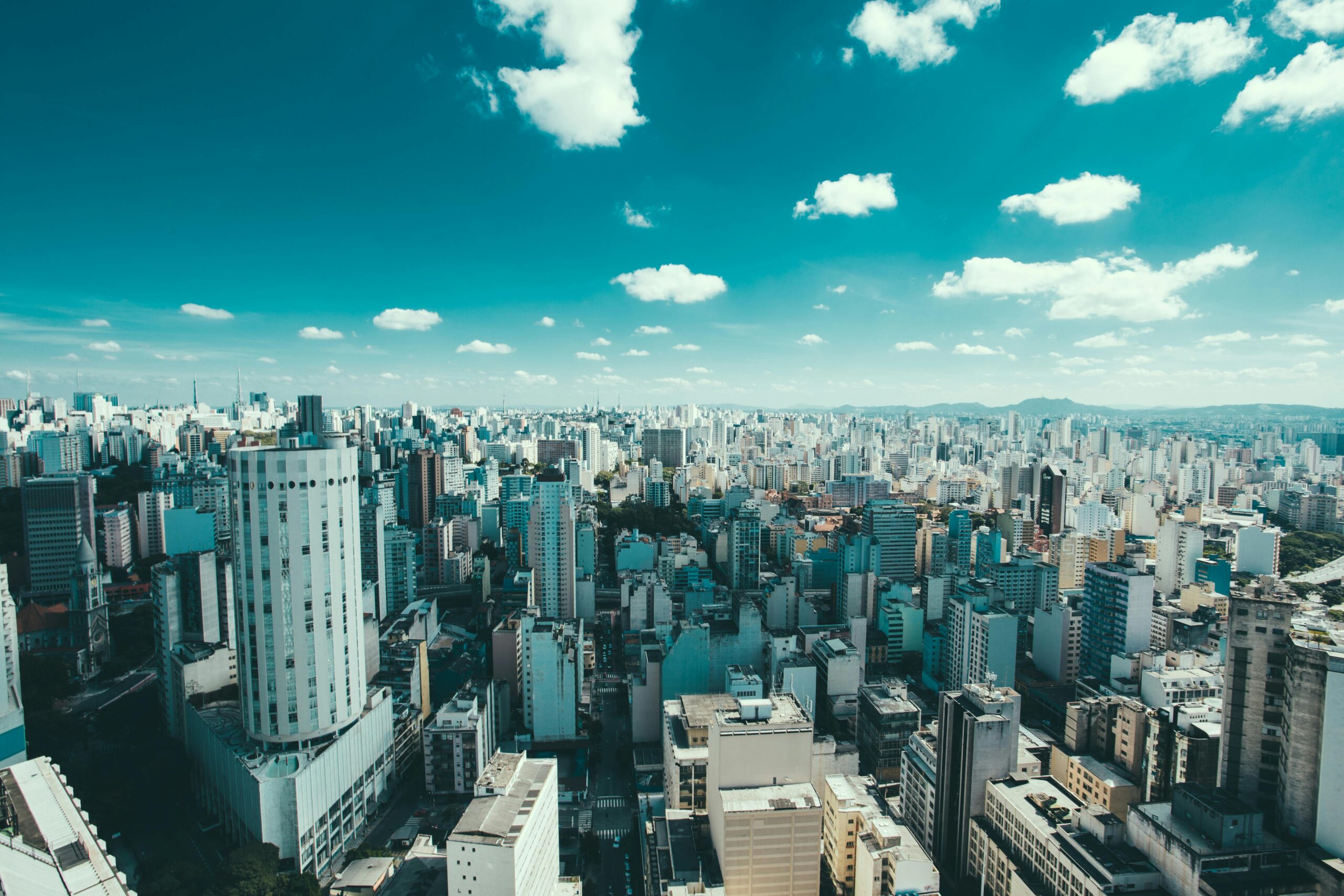
Real Estate Investment
Real estate investment visas require a minimum investment of BRL 1 million, reduced to BRL 700,000 for properties in Brazil’s North or Northeast regions.
Investors may combine multiple properties to meet these thresholds and can choose either completed buildings or those under construction.
The investment requires direct fund transfers from abroad into Brazil, though financing options exist for amounts above BRL 1 million.
The initial residency lasts four years, and the possibility of permanent status upon maintaining the investment and submitting a formal request.
Visa holders must spend at least 14 days in Brazil every two years after Federal Police registration. The Central Bank must register all foreign exchange transactions related to the property purchase.
The application process begins with the Ministry of Justice and Public Security.
Upon approval, Brazilian embassies or consulates issue the visa. Required documentation includes property records, purchase contracts, and investment proof through registered foreign exchange contracts.
Work Visas
Brazil offers various possibilities for granting work visas based on different grounds. We will address the most relevant ones:
Digital Nomad
The digital nomad visa requires either US$1,500 monthly income from non-Brazilian employers or US$18,000 in bank funds. This one-year temporary visa allows renewal. Employment must remain with foreign companies, as Brazilian employment relationships require different visa categories.

Traditional Employment
Brazilian companies must sponsor these visas through formal job offers that comply with local labor laws. Applicants need relevant experience and education credentials, as requirements vary by position.
The process begins with residency authorization from the Ministry of Justice before proceeding to embassy or consulate visa issuance.
Initial residency permits last two years, and digital nomads can apply for permanent status after the two years have passed.
Volunteer Work
Organizations sponsoring volunteers must support the visa application process. These visas grant one-year residency with renewal options.
Non-Employment Professional Activities
Brazil offers specialized visas for professional activities without employment relationships:
Technical and Maritime
- Technical assistance services: One year
- Technology transfer: One year
- Maritime and river cruise vessel operations in Brazilian waters: Two years
- Foreign-flagged vessel or platform operations in Brazilian waters: Two years
- Foreign fishing vessel operations under Brazilian lease: Two years
Professional Services
- Government technical assistance: Two years
- Financial institution representation: Two years
- Non-profit entity representation: Two years
- Foreign media correspondence: Two years
- Professional training at Brazilian companies: Two years
Technical Training
- Equipment operation and maintenance training: One year
- Technology transfer programs: One year
Performance and Athletics
- Artistic or sports activities: One year
Each category requires specific documentation and follows distinct application processes through the Ministry of Justice and the Brazilian consular network. The residency periods listed indicate maximum initial durations, and some categories offer extension options.
Retirement Visa
Retirees and pension beneficiaries must demonstrate a minimum monthly income of US$2,000. Additional income sources such as rent, salary, or investments can supplement pension amounts to meet this threshold. The initial two-year residency permit offers a pathway to permanent status.

Family Reunification Visas
Family visas operate through a sponsor-applicant system. Sponsors must be Brazilian citizens or legal residents who obtained their status through non-family pathways. The program covers:
Immediate Family:
- Spouses and domestic partners
- Children of Brazilian citizens or legal residents
- Stepchildren under 18, or up to 24 if studying
- Parents of Brazilian children
- Parents of resident immigrant children
Extended Family:
- Parents and grandparents of Brazilians or legal residents
- Children and grandchildren of Brazilians or legal residents
- Siblings under 18, or up to 24 if studying
- Legal guardians of Brazilian dependents
Economic dependency may extend age limits for certain categories.
Study Visas
Educational visas cover multiple academic pursuits:
- Academic Programs: From basic education through postgraduate studies
- Technical Training: Specialized and language courses
- Exchange Programs: Academic and research exchanges
- Internships: Practical training opportunities
Applicants must provide proof of enrollment from their educational institution. The visa grants one-year residency with renewal options but cannot convert to permanent status.
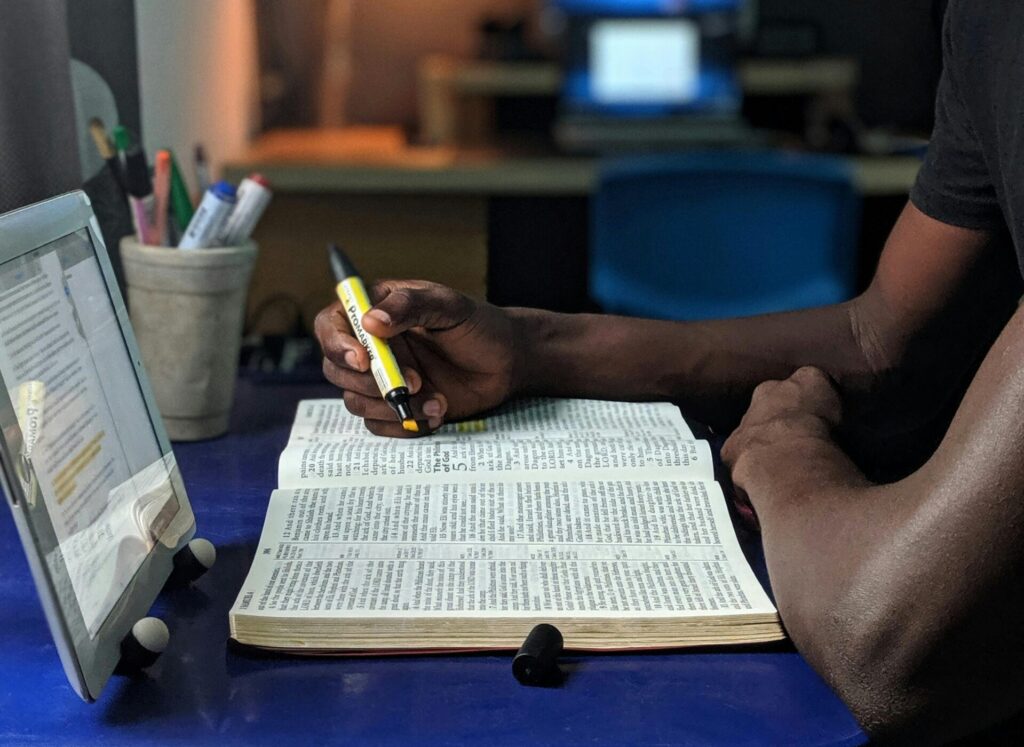
Nationality-Based Visas
International agreements enable certain nationals to obtain Brazilian residency based on their citizenship rather than employment, family, or investment criteria.
Mercosur Agreement
Nationals of Argentina, Uruguay, Paraguay, Chile, Bolivia, Peru, Ecuador, Colombia, Venezuela, Guyana, and Suriname qualify for two-year residency permits with paths to permanent status. Applicants need only prove their nationality.
Portuguese Language Countries (CPLP)
CPLP nationals may apply at Brazilian embassies in Luanda, Praia, Bissau, Malabo, Maputo, São Tomé, and Dili, or consulates in Lisbon, Faro, and Porto. Eligible professionals include:
- Academic staff: university professors and researchers
- Education professionals: teachers at all levels
- Business professionals
- Cultural professionals: artists, athletes, media representatives and event organizers
- Exchange students in recognized CPLP programs
CPLP nationals already in Brazil need only prove their nationality to apply for a two-year residency, with options for permanent status.
Humanitarian Visas
Brazil offers humanitarian visas to nationals of Afghanistan, Haiti, Syria, and Ukraine, plus special provisions for citizens of Senegal and the Dominican Republic facing human rights concerns.
Path to Citizenship
The journey from permanent residency to Brazilian citizenship offers a notably flexible timeline that varies based on personal circumstances. While the standard requirement demands four years of permanent residency before naturalization, Brazil’s naturalization system recognizes several paths to accelerated citizenship.
Family ties to Brazil carry significant weight. Those married to Brazilian citizens or with Brazilian children can qualify for citizenship after just one year of permanent residency. The country also acknowledges professional merit, allowing those who have made significant scientific, artistic, or professional contributions to apply after two years. In recognition of its linguistic heritage, Brazil also offers an one-year pathway for nationals of Portuguese-speaking countries.
The naturalization process combines these timing considerations with core requirements that reflect Brazil’s approach to integration. Applicants must maintain continuous residence.
To read the original version of this article, please check: https://www.imidaily.com/latin-america/the-7-ways-to-get-residency-in-brazil-a-comprehensive-guide/

